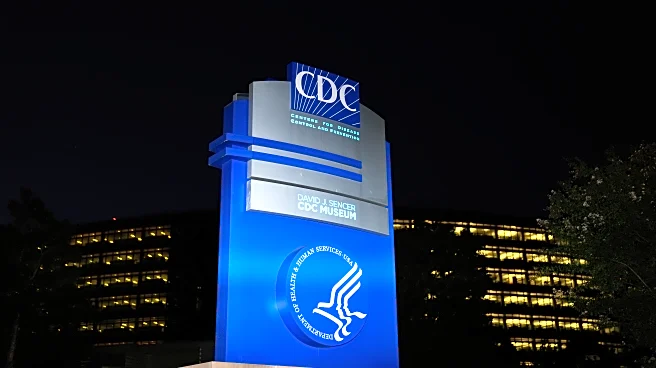What's Happening?
President Trump recently criticized the crime statistics published by Washington D.C., labeling them as 'phony.' This criticism comes amidst a Justice Department criminal probe into the actions of police officials and a separate investigation by Congress. A whistleblower has reportedly approached Republicans on the House Oversight Committee, alleging that crimes are routinely reclassified as lesser offenses by supervisors, overriding the judgments of patrol officers. Data analyst Jeff Asher has identified discrepancies between the crime data published by the Metropolitan Police Department (MPD) and what is reported to the FBI. In 2024, the MPD claimed a 35 percent decline in violent crime, while the FBI reported only a 9 percent drop. D.C. Police Chief Pamela A. Smith has stated that the city is cooperating with federal investigations.
Why It's Important?
The accuracy of crime statistics is crucial for public policy and resource allocation. If crime data is being manipulated, it could lead to misinformed decisions by policymakers and affect public trust in law enforcement. The allegations of data manipulation could have significant implications for the credibility of the MPD and the city’s administration. This issue also highlights the broader challenge of ensuring transparency and accountability in crime reporting, which is essential for effective governance and community safety.
What's Next?
The ongoing federal investigations may lead to further scrutiny of the MPD's reporting practices. Depending on the outcomes, there could be calls for reforms in how crime data is collected and reported. Political leaders and civil society groups may push for greater oversight and transparency in law enforcement agencies. The investigations could also impact the political landscape, influencing public opinion and potentially affecting upcoming elections.
Beyond the Headlines
The controversy over D.C.'s crime statistics raises ethical questions about the integrity of public data and the potential consequences of data manipulation. It underscores the importance of accurate data in shaping public perception and policy. Long-term, this issue could lead to changes in how crime data is standardized and reported across the country, promoting more reliable and consistent practices.









